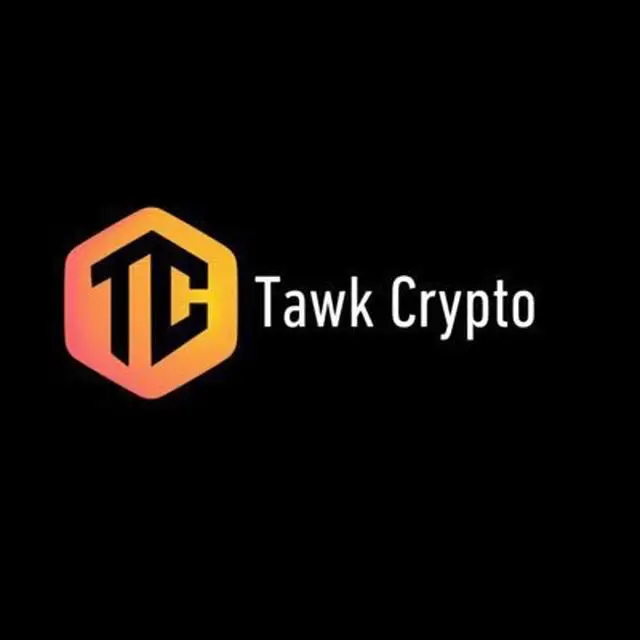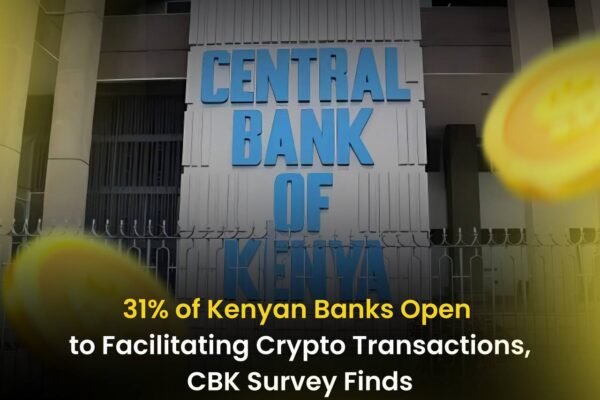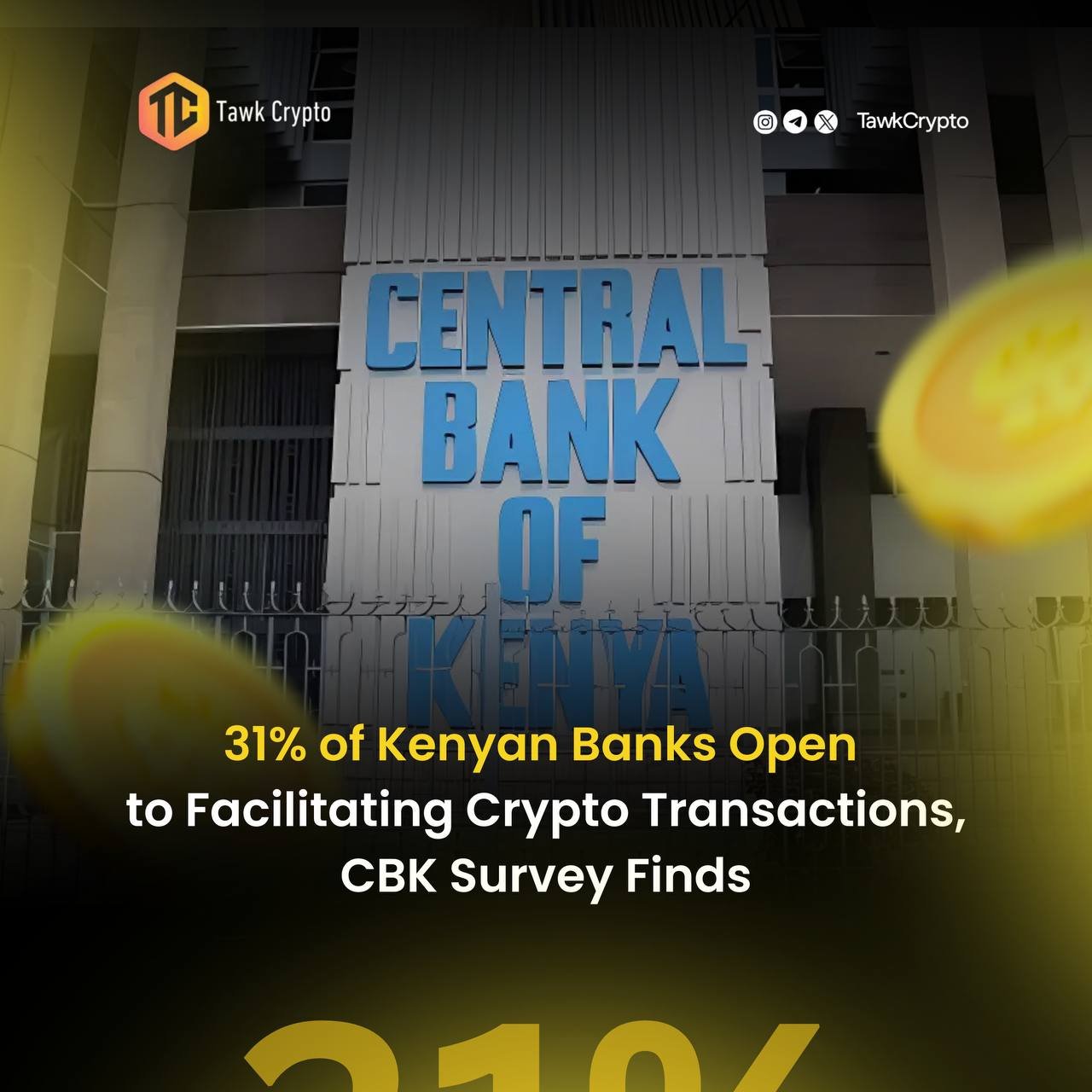

Nigeria’s SEC to Expedite Crypto Licensing, Protect Consumers.
Nigeria’s Securities and Exchange Commission (SEC) is set to accelerate the issuance of crypto licenses in 2025, marking a significant step forward in regulating the nation’s fast-growing cryptocurrency market. This initiative comes as part of a broader effort to create a transparent and secure framework for digital asset transactions, addressing long-standing concerns in a market that has long operated in a regulatory gray area.
Related: A Look at the State of Crypto Regulation Across Africa in 2024
Accelerated Regulatory Incubation Programme (ARIP) Paves the Way
Since the launch of the Accelerated Regulatory Incubation Programme (ARIP) in June 2024, the SEC has been actively working to onboard crypto startups in a controlled, sandbox-like environment. Under ARIP, companies can apply for provisional licenses by submitting detailed information through the SEC’s e-portal, paying an assessment fee of ₦200,000 followed by an additional ₦2 million in non-refundable processing fees. Early-stage startups like Quidax and Busha have already benefited from this initiative. In fact, Quidax was the first to secure a provisional license and, provided it meets all regulatory requirements over the next 12 months, is expected to obtain full licensure as a Virtual Asset Service Provider (VASP).
At a workshop held in December 2024, SEC officials signaled a commitment to “move a lot quickly” in 2025 by expediting further provisional license approvals. This proactive stance is intended to reduce market uncertainty and foster a more secure environment for both crypto users and investors.
A Response to a Rapidly Evolving Market
Nigeria is an active crypto market where individuals and businesses increasingly use cryptocurrencies and stablecoins as hedges against inflation and exchange rate volatility. However, the lack of a clear regulatory framework has created significant uncertainty. A recent report from Busha highlighted that nearly half of 1,500 surveyed Nigerian crypto users and non-users cited security concerns as a major barrier to crypto adoption. This underscores the urgent need for a regulatory regime that not only fosters innovation but also ensures consumer protection.
“Scammers thrive the most in the crypto space; if you find ways to take advantage of those who don’t know what they’re doing, that’s where you make the most money,” noted Chibunna Kingsley, a crypto trader based in Lagos. His remarks echo a widespread sentiment in the market: while crypto offers huge potential, the risks associated with fraud, rug-pull scams, and high transaction fees remain real challenges for new users.
Bridging the Gap Between Crypto and Traditional Finance
In response to regulatory uncertainties, Nigerian banks have historically been reluctant to work with crypto companies. However, the landscape began to change when the Central Bank of Nigeria (CBN) lifted its crypto ban in December 2023, issuing directives that enabled banks to engage with crypto startups. Despite this progress, many banks continue to operate in a regulatory grey area, often treating crypto companies as “investment” firms rather than true crypto operators.
During demo sessions under the ARIP, SEC officials closely scrutinized the compliance frameworks of applicant companies, focusing on their consumer protection measures and their systems for flagging suspicious transactions. Tobenna Igweonu, a lawyer representing Quidax, described the process as “thorough,” noting that the SEC’s requirements were designed to ensure that only well-prepared companies enter the market.
Balancing Innovation and Consumer Protection
The drive to fast-track crypto licensing in 2025 reflects the SEC’s commitment to balancing innovation with consumer protection. As discussions about digital asset regulation began in September 2020, the SEC’s approach has evolved—from initially releasing a framework for crypto regulation to now mandating that all entities offering virtual asset services register with the Commission. This evolving regulatory clarity is expected to boost confidence among institutional investors and banks, potentially leading to increased market participation and easier taxation of crypto transactions.
Craig Stoehr, General Counsel at crypto startup Yellow Card, commented, “If you’re a regulator, you should be worried about consumer protection. More has happened in the past nine months than in the two years before the SEC established ARIP. They’re on the right track.”
Looking Ahead
As the SEC moves toward a more comprehensive regulatory framework, its efforts to fast-track crypto licensing in 2025 could serve as a model for other jurisdictions. With clear guidelines in place, both local and foreign crypto startups—such as Quidax, Busha, Yellow Card, Borderlesspay, and Bitnob—will be better positioned to innovate, secure access to banking services, and drive global crypto adoption.
For founders and investors eager to navigate this evolving landscape, the message is clear: a more secure, regulated market is on the horizon. The SEC’s proactive measures not only aim to protect consumers but also to foster an environment where innovation can flourish.







